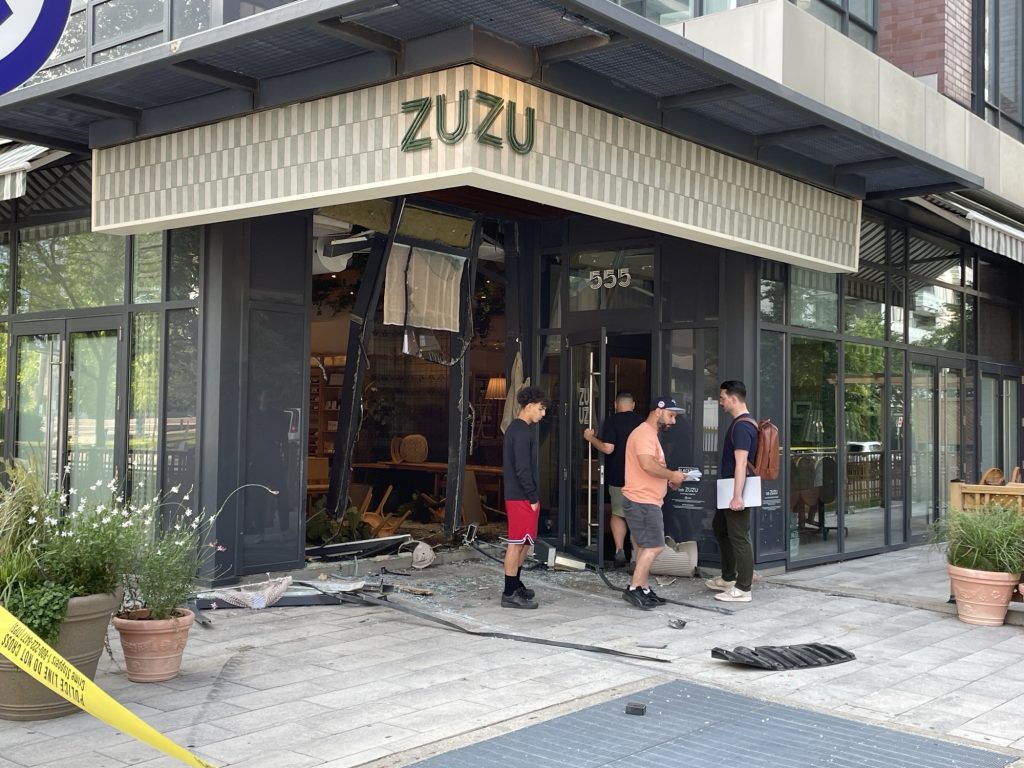McMaster researchers developing vaccine for COVID-19, other viruses

Posted March 10, 2021 3:58 pm.
A homegrown vaccine candidate may potentially have huge implications for fighting not only the COVID-19 pandemic, but also future ones as well.
A first of its kind, specialized facility at McMaster University in Hamilton is developing and producing two vaccines which they say could fight the COVID-19 virus and others that may come up.
A release from the university explains that the vaccines differ from the ones currently on the market because they are “second-generation” vaccines, containing three components from the coronavirus instead of just one, which could potentially offer more protection.
Brian Lichty, an associate professor in the Department of Medicine, who is co-leading the vaccine development with McMaster colleagues Fiona Smaill and Zhou Xing, said their vaccine would act more like a booster shot, broadening the immunity of those that get it.
“In the case of the COVID vaccine, we’ve taken three different coronavirus genes, and we put them into our adenovirus vaccine,” Lichty said. “And then when we administer that, the immune system of the recipient will make those three coronavirus proteins and mount an immune response against all three ideally and protect them against the infection by the coronavirus.”
The researchers are focusing on two vectors, or delivery agents, which they are testing individually and together.
“The first is a human adenovirus, which causes the common cold. The second uses a chimpanzee adenovirus to deliver the DNA of a component of SARS-CoV-2, the virus responsible for COVID,” they said.
The research, funded by the Canadian Institutes of Health Research, is part of Canada’s Global Nexus for Pandemics and Biological Threats, to prevent future pandemics and mitigate global health threats.
“As a virologist, I know there’s going to be more pandemics,” says Lichty. “It may not be a coronavirus next time. There’s lots of different types of viruses. They seem fairly able to cross the species barrier and get into humans and spread. So obviously, it’s happened more than twice now. So this will probably happen again.”
The vaccines under development are designed to be given in two phases. The first, a priming dose, would be delivered by injection, followed by an inhaled booster administered in four weeks.
Researchers plan to administer inhaled boosters to people who have been previously vaccinated with a “first-generation” vaccine, or who have previously been infected with a mild COVID infection.
The McMaster team is hoping to be able to begin vaccinating healthy volunteers by the end of April or beginning of May, depending on Health Canada approval.








